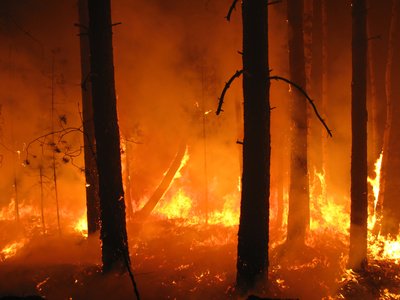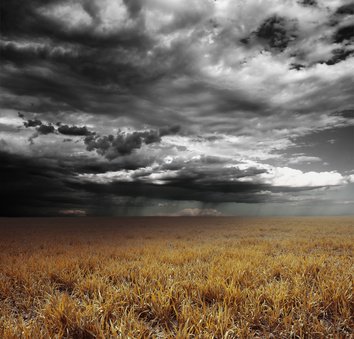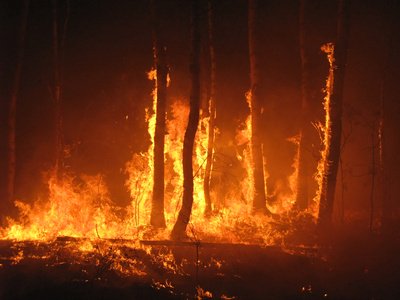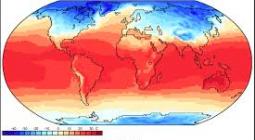Climate Change Guide: Ten Hottest Years on Record

Ten Hottest Years on Record
The top 10 hottest years on record have all occurred since 1998.
In fact, 2016 was the hottest year ever recorded.
What is Causing This?
The previous decade was the hottest one recorded so far with regions such as Texas experiencing all time high heat waves.
Human-induced global warming, as researchers have established, is the cause of the extreme temperatures in the last ten years.
Not to mention, studies seeking to establish the cause of global weather extremessuch as those experienced worldwide, have it that human influence due to emissions of greenhouse gases through burning of fossil fuels and deforestation is the cause of the drastic weather changes.

According to an international collaboration of scientists, the emissions of carbon dioxide into the atmosphere had a great influence on the rise in global temperatures.
The truth is that the increase in these emissions will make it much more difficult to forestall any climate changes in the future. As a result, these devastating effects are a cause for concern on a global scale.
The Ten Hottest Years on Record
Here are the ten hottest years ever recorded as compiled by NOAA, the National Oceanic and Atmospheric Administration:

The Dire Consequences
The average global temperatures, according to records have been the highest ever in the last ten years since 1998.
Consequently, record low temperatures and cold days in various regions have been on a steep decline as the hot days and heat waves in other regions increase at alarming rates.
The effect of the rising temperatures is perhaps more visible in the Arctic region. This is mainly because permafrost is very sensitive to temperature changes.
Once the ice melts the result would be a complete disaster especially to buildings as well as other structures.
Such cases are spreading in some regions where repairs have to be conducted on infrastructure due to destabilization.

Health Impacts
Global warming also has a negative impact on health.
Regions such as Netherlands continue to experience deteriorating health attributed to higher temperatures.
This, combined with increased humidity can be a cause of death.
On the other hand, the warmer temperatures and higher carbon dioxide levels are conducive for faster growth of certain allergen producing plants.
The result of which is an increase in the number of health cases linked with allergic diseases and chronic illnesses.

Other Troubling Effects of Climate Change
The effects of global warming are spine chilling and virtually inexhaustible.
Other effects of climate change include drought which in turn affects the food yields and water supplies.
As much as the impacts are felt on varying scales in different regions, it’s a wake-up call to all nations.
Just the fact that 14 of the 15 hottest years on record have occurred in this century is enough for us to mobilize change in the right direction.
Strict measures should be taken to reduce the impact of global warming through better planning and alternative production strategies to reduce carbon dioxide emissions before it's too late.
8 August 2019
Climate Change Guide





